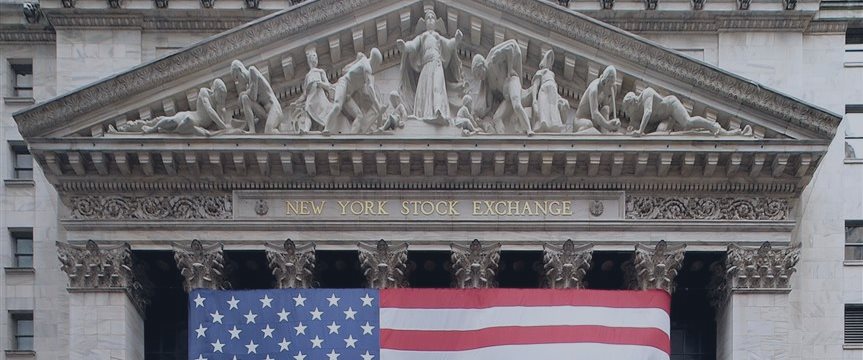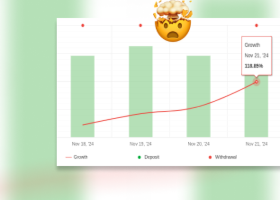Apple is joining the Dow Jones Industrial Average later in March, taking the world’s biggest company by market value into the most famous share index in the US.
The entry demonstrates the increasing dominance of technology firms in the US.
The US tech giant will replace AT&T, the phone company, at the end of trading on 18 March in the Dow’s first reshuffle for 18 months. AT&T had been in the Dow for almost 100 years and its ejection will leave Verizon as the only telecommunications company in the index.
Joining the Dow is the latest milestone for Apple, which last month became the first US company with a market value of more than $700bn and is now worth about $730bn.
Apple’s entry also indicates the increasing dominance of technology
companies in the US.
The iPhone maker will take a place alongside Microsoft and Intel, which joined in 1999 to acknowledge the technology boom taking place then. Google, the second-most valuable US company, remains outside the Dow though.
The entry to the 119-year-old index has been postponed because the company’s high share price threatened to distort the 30-company index. The Dow’s price-weighted system links a company’s influence on the index to its share price, even though the price of a share does not indicate the overall market value of the company.
It had been an obstacle to Apple joining the index but its
seven-for-one share split last year eased worries that the company’s
share price, then above $600, would skew the index.
The stock split increased the number of shares in circulation but did not affect Apple’s market value. The effect was to bring the company’s share price closer to the median level in the DJIA.
A committee of Wall Street Journal editors and S&P Dow Jones representatives chooses the Dow's members. Criteria include whether the company is of interest to lots of investors and whether it has a record of sustained growth. At the last rejig in September 2013, Goldman Sachs, Nike, and Visa replaced Alcoa, Bank of America, and Hewlett-Packard.
Recently, the Dow, however, faced criticism for being arbitrarily selected and unrepresentative of the US economy.



